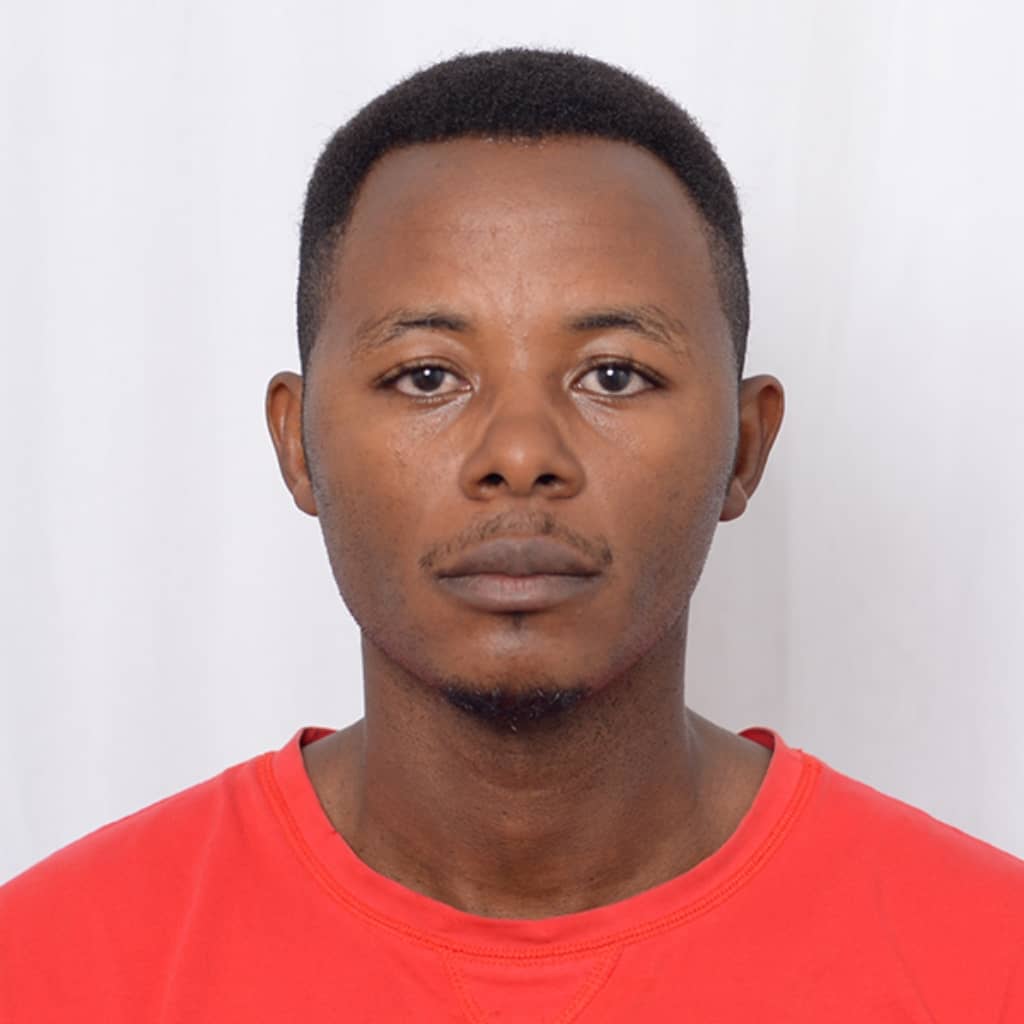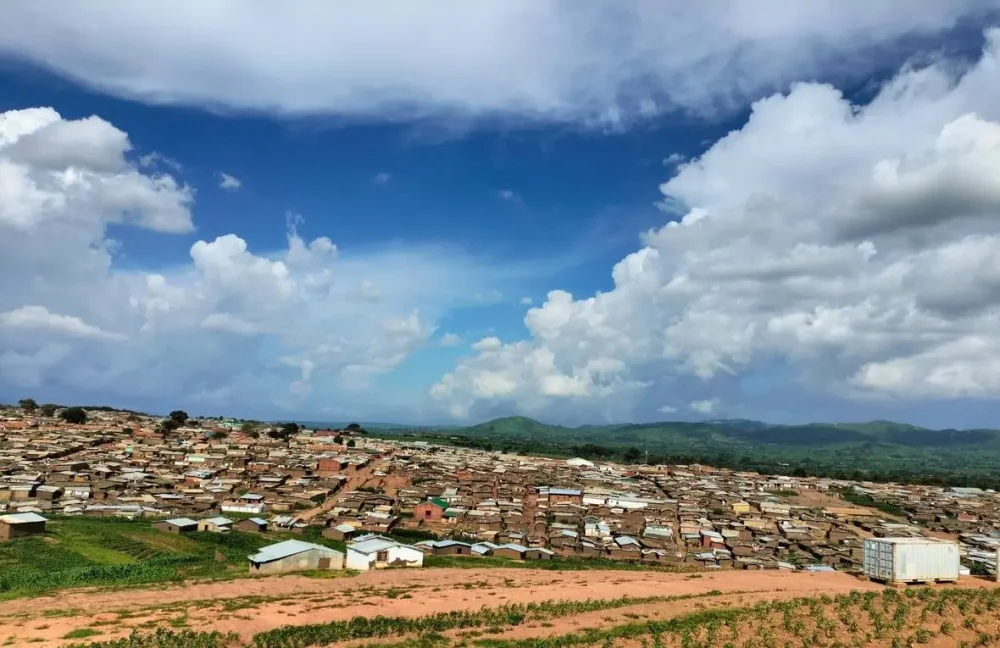Dzaleka Refugee Camp in Malawi is facing a critical situation that could lead to its permanent closure, impacting over 56,000 refugees. This crisis deepens as Rwanda officially revoked the refugee status for its nationals who fled between 1959 and 1998, urging them to seek legal residence or return home by December 31, 2017. Some Rwandan individuals have rejected this directive, choosing to remain in camps like Dzaleka, now at the center of a funding shortfall and repatriation talks.
In June 2025, the United Nations High Commissioner for Refugees (UNHCR) announced it was experiencing a severe financial shortfall, impacting its global operations. Many of its offices have been shut down, and more than 3,500 employees have lost their jobs.
Malawi has also been affected by these cuts. UNHCR began selling off its assets, including vehicles and other equipment, and has laid off staff, including security personnel and monitoring officers at Dzaleka.
Dzaleka is currently the most affected refugee camp in Malawi. It hosts more than 56,000 refugees, despite having the capacity to accommodate only 10,000 to 12,000 people. The majority of its residents come from the Democratic Republic of Congo, Burundi, and Rwanda.
Overcrowding and inhumane living conditions
As of March 2025, UNHCR had received only 12% of the $26 million it needed to support refugees and asylum seekers in Malawi for the year. This severe shortfall has significantly delayed and reduced critical services, leaving residents without adequate healthcare, food, water, or protection.
Human rights defenders and civil society organizations have raised alarm over the dire situation, stating that people in the camp are caught “between death and despair.” Jessie Chingoma, a women’s rights advocate, noted that women—who make up a large portion of the camp’s population—are particularly vulnerable.
She said, “I think the situation is alarming, especially in places where women already face greater hardships. When you consider the essential services they need, like healthcare, to ensure their rights are protected and gender-based issues are addressed, and you realize these services are being cut…it means even the already poor services are about to become much worse.”
According to DW, the Government of Malawi has begun discussions with the home countries of Dzaleka’s refugee populations regarding voluntary repatriation programs. Reports indicate that many Rwandans living in Dzaleka arrived in 1994 and include individuals accused of participating in the 1994 Genocide against the Tutsi. These individuals have reportedly refused to return, fearing prosecution.
Historical background of Dzaleka Camp
Dzaleka is located in Dowa District, about 41 kilometers from the capital Lilongwe. It was established in 1994 by the Malawian government in partnership with UNHCR to host people fleeing genocide, conflict, and violence in Rwanda, Burundi, and the DRC.
The name “Dzaleka” comes from the Chichewa word “N’dzaleka,” meaning “I will not do it again.” Before becoming a refugee camp, Dzaleka served as a political prison during the presidency of Hastings Kamuzu Banda (1964–1994), where up to 6,000 prisoners lived under harsh conditions.
Today, the camp holds more than 56,000 people, even though its infrastructure was designed for a maximum of 12,000. The population includes 62% from the DRC, 19% from Burundi, 7% from Rwanda, and a small number from other countries. With both UNHCR and non-governmental organizations pulling out due to a lack of funding, the camp’s future and the lives of those within it hang in the balance.





